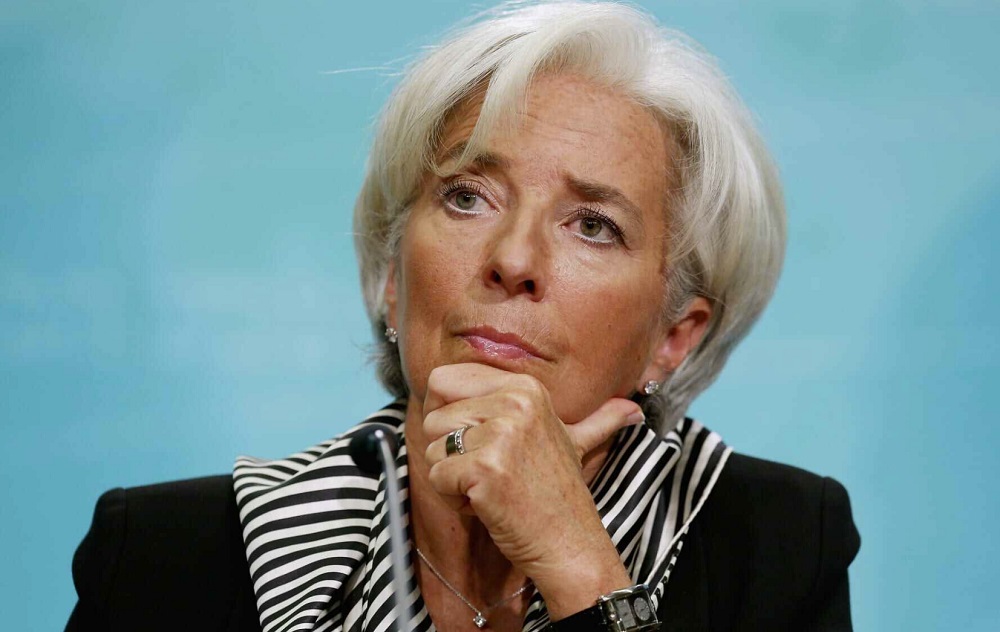10 years after the crisis, central banks want to hear public opinion
February 12, 2020 @ 13:23 +03:00
Central banks are experiencing a soul-searching moment as they look to strengthen their popularity after the global financial crisis — an exercise that could ultimately change how they operate. The European Central Bank (ECB) is hosting its first “listening event” in Brussels next month. President Christine Lagarde is set to discuss with European citizens the role of the central bank across the 19-country region. However, the ECB is not the first major central bank to organize such events. The U.S. Federal Reserve announced in late 2018 that it would be reviewing its work, which included several “Fed Listens” events across the country. The results are set to be unveiled in the first half of 2020.

Different analysts argue that central banks are conducting these public exercises to receive reassurances on what they do, at a time when many have doubts about the effectiveness of their policy tools. Erik Jones, a professor at the Johns Hopkins University, said “there is a lot of talk about the need for central banks to communicate more transparently … Part of this may be the result of a sense of exposure that central bankers felt when they were ‘the only game in town’ in the depths of the crisis.”
The International Monetary Fund said in November that “concerns about the expanded activities of central banks led to skepticism about the necessity or the appropriate degree of central bank independence.” At the same time, the general public seems largely unaware about the work conducted by these institutions. The question is whether these new communication efforts will ultimately change the way central banks operate. Both the ECB and the Fed might adapt their policies depending on how the public consultation goes.






